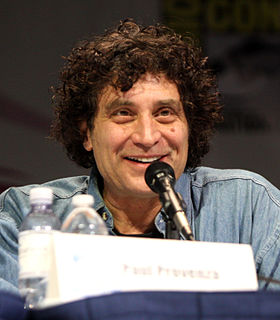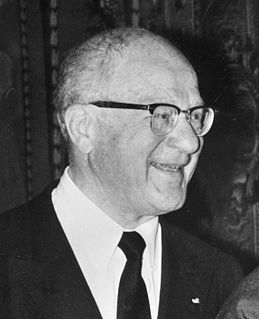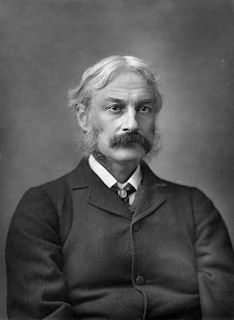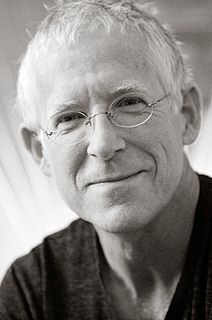A Quote by Chuck Palahniuk
Experts in ancient Greek culture say that people back then didn't see their thoughts as belonging to them. When ancient Greeks had a thought, it occurred to them as a god or goddess giving an order. Apollo was telling them to be brave. Athena was telling them to fall in love. Now people hear a commercial for sour cream potato chips and rush out to buy, but now they call this free will. At least the ancient Greeks were being honest.
Quote Topics
Ancient
Ancient Greek
Apollo
Athena
Back
Be Brave
Being
Being Honest
Belonging
Brave
Buy
Call
Chips
Commercial
Cream
Culture
Experts
Fall
Free
Free Will
Giving
God
Goddess
Greek
Greek Culture
Greeks
Had
Hear
Honest
Least
Love
Now
Occurred
Order
Out
People
Potato
Potato Chips
Rush
Say
See
Sour
Telling
Them
Then
Thought
Thoughts
Were
Will
Related Quotes
The Jews had a love-hate relationship with the Greek culture. They craved its civilization but resented its dominance. Josephus says they regarded Greeks as feckless, promiscuous, modernizing lightweights, yet many Jerusalemites were already living the fashionable lifestyle using Greek and Jewish names to show they could be both. Jewish conservatives disagreed; for them, the Greeks were simply idolaters.
Ancient worship . . . does truth. All one has to do is to study the ancient liturgies to see that liturgies clearly do truth by their order and in their substance. This is why so many young people today are now adding ancient elements to their worship. . . . This recovery of ancient practices is not the mere restoration of ritual but a deep, profound, and passionate engagement with truth—truth that forms and shapes the spiritual life into a Christlikeness that issues forth in the call to a godly and holy life and into a deep commitment to justice and to the needs of the poor.
Sycamore trees were held to be sacred in ancient Egypt and are the first trees represented in ancient art. The sycamore, also, was sacred. Peasants gather around them in rituals. In the Land of the Dead there was a sycamore in whose branches the goddess Hathor lived; she leaned out of it giving sustenance and water to deceased souls. In Memphis, Hathor's epithet was Lady of the Sycamore.
People thought I was a really raw rapper that hated everything - a really sour person - but really I'm just a good, all-around music-making kid and I'm really happy. That really, I feel, painted my image to a lot of people. My music now, some people get sour over it because it's really happy, it's poppy, but I'm just telling them that that image from way back then was me feeling uncomfortable and now I'm comfortable.
Eratosthenes was the director of the great library of Alexandria, the Centre of science and learning in the ancient world. Aristotle had argued that humanity was divided into Greeks and everybody else, whom he called barbarians and that the Greeks should keep themselves racially pure. He thought it was fitting for the Greeks to enslave other peoples. But Erathosthenes criticized Aristotle for his blind chauvinism, he believed there was good and bad in every nation.
We went to a church that had missionaries who'd come back once a year from Fiji & give talks. I remember one of them saying it was very hard work telling people they were going to lose their everlasting souls if they didn't shape up. I pictured people sitting on the beach listening to this sweaty man all dressed in black telling them they were going to burn in hell & them thinking this was good fun, these scary stories this guy was telling them & afterwards, they'd all go home & eat mango & fish & they'd play Monopoly & laugh & laugh & they'd go to bed & wake up the next day & do it all again.







































